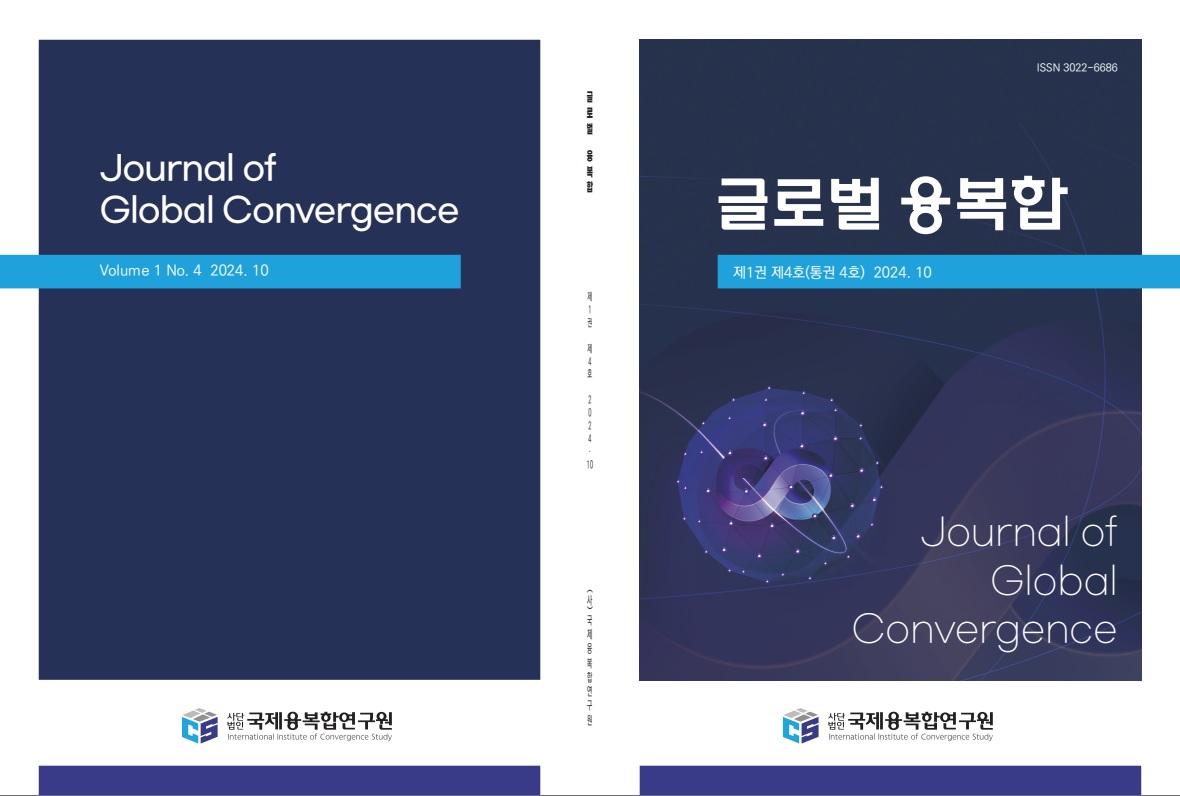우크라이나 전쟁에서 나타난 대규모 드론 운용을 위한 작전지속지원 교리 및 병참 혁신 연구
Operational Sustainment Doctrine and Logistics Innovation for Mass Drone Operations: Lessons from the Ukraine War
저자
김영길
수록페이지
p.184-198 (15pages)
조회수
11
다운로드
2
- 창간연도
- 2024년 1월
- ISSN
- (Print)3022-6686 , (Online)3022-6651
- 수록권호
- 제2권 2호 (통권 6호)
- 발행일
- 2025.04
- 수록논문
- 29 articles
- 유형
- 학술저널
- 주제
- 사회과학, 자연과학, 예술체육학, 복합학
- 발행기간
- 2024.01 ~ 2025.04
- 발행주기
- 연 4회(계간)
- 총 권호 수
- 5 volumes
- 총 논문 수
- 76 articles

키워드
대규모 드론 운용, 작전지속지원, 병참 혁신, 우크라이나 전쟁, 분산형 물류체계Mass Drone Operations, Operational Sustainment, Logistics Innovation, Ukraine War, Distributed Logistics System
초록
본 연구는 우크라이나 전쟁에서 드러난 대규모 드론 운용 환경에서의 작전지속지원 교리와 병참 혁신을 분석하였다. 수백만 대에 이르는 드론 운용과 월 1만 대 이상의 높은 손실률, 급변하는 전자전 환경은 기존 작전지속지원 개념에 근본적 변화를 요구하고 있다. 연구 결과, 통합, 예측, 대응성, 간결 성, 경제성, 생존성, 지속성, 즉흥성이라는 전통적 지속지원 원칙들이 드론 전장 맥락에서 재해석되어야 하며, 자율 재보급 시스템, 예측 정비 기술, 모듈식 드론 설계, 에너지 관리 시스템, 3D 프린팅 활용 등 의 혁신적 방안이 요구됨을 확인하였다. 미래 작전지속지원 체계는 소수 고가치 자산 보존에서 대량 소 모성 자산 관리로, 중앙집중식에서 분산형으로, 계획 중심에서 적응 중심으로 전환이 필요하며, 이를 위 한 교리 개정, 연구개발 투자, 공급망 회복탄력성 강화, 전문인력 양성 등의 정책적 접근이 시급하다.This study analyzes operational sustainment doctrine and logistics innovation in the mass drone operation environment revealed during the Ukraine War. The deployment of millions of drones with monthly losses exceeding 10,000 units and rapidly evolving electronic warfare environments demands fundamental changes to existing operational sustainment concepts. The research findings indicate that traditional sustainment principles—integration, anticipation, responsiveness, simplicity, economy, survivability, continuity, and improvisation—must be reinterpreted in the context of drone warfare. Innovative approaches such as autonomous resupply systems, predictive maintenance technologies, modular drone design, energy management systems, and 3D printing applications are essential. Future operational sustainment systems require a paradigm shift from preserving few high-value assets to managing mass consumable assets, from centralized to distributed structures, and from planning-centric to adaptation-centric approaches. Policy recommendations include doctrine revision, R&D investment, supply chain resilience enhancement, and specialized personnel development.
 (사)국제융복합연구원
(사)국제융복합연구원